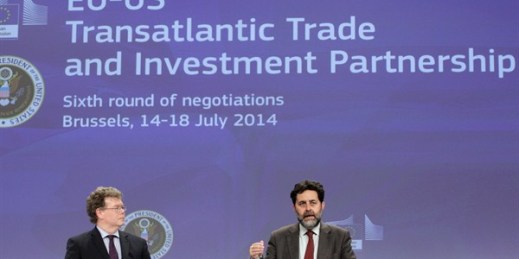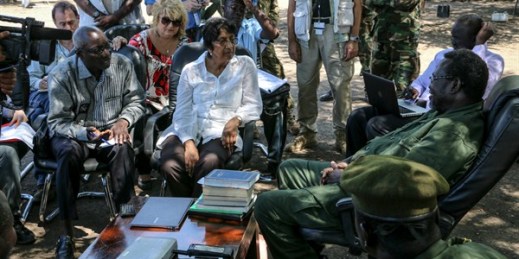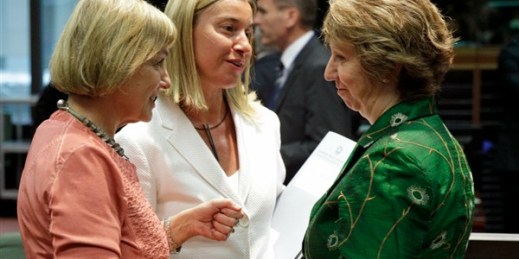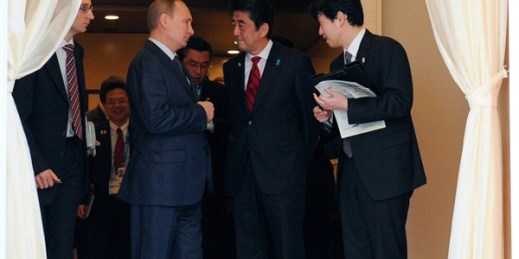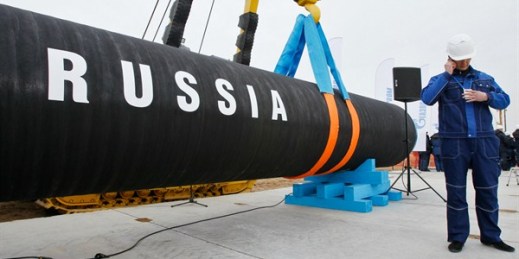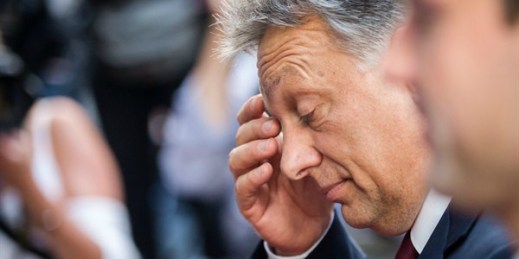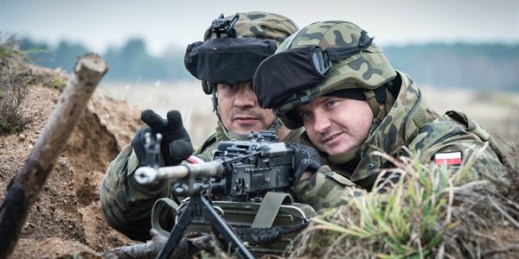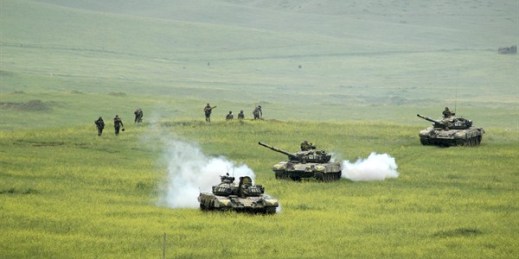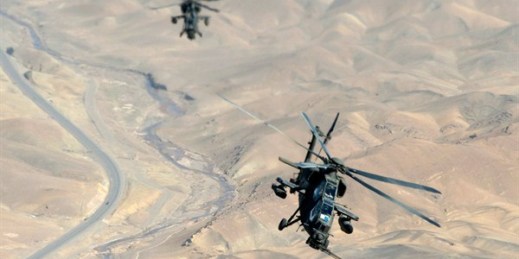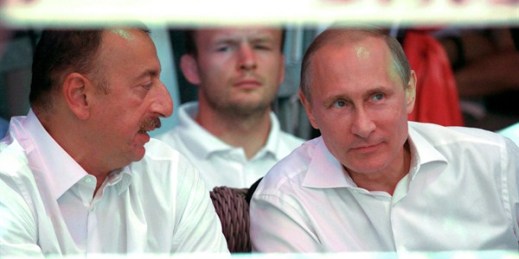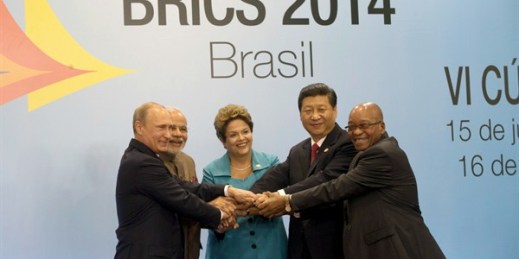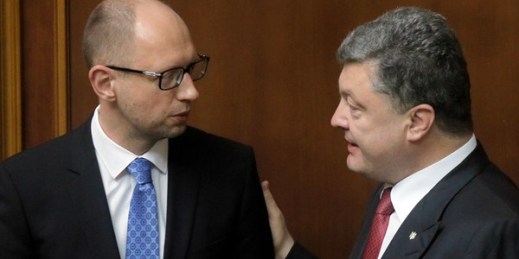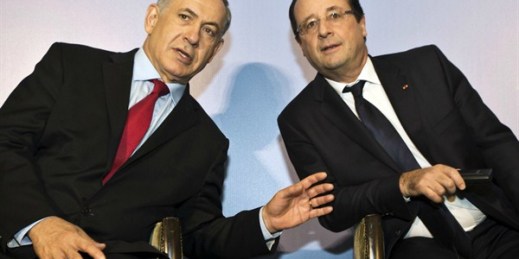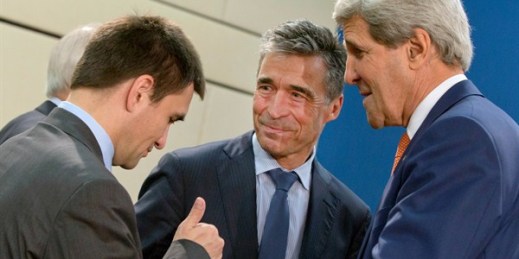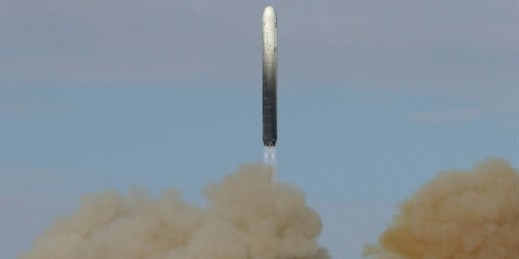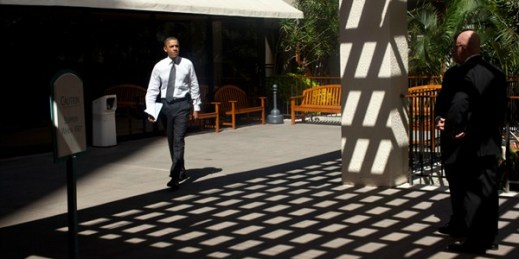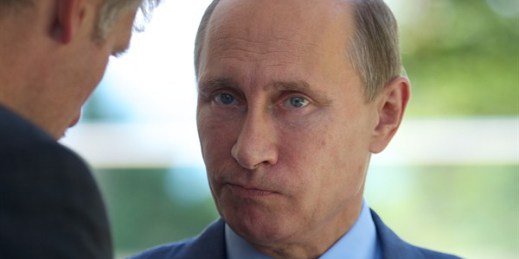
Russian President Vladimir Putin has a busy schedule next week in the Belarusian capital of Minsk. On Aug. 26, along with the heads of Belarus and Kazakhstan, the other states that make up the Eurasian Customs Union, Putin will have a face-to-face trilateral summit with Ukraine’s President Petro Poroshenko and a European Union delegation headed by its foreign policy chief, Catherine Ashton, and Energy Commissioner Gunther Oettinger. The summit has an ambitious agenda on the table to try and defuse the Ukraine crisis: ending Russia’s not-so-covert support for rebels in eastern Ukraine; brokering a political settlement between the separatists and […]

